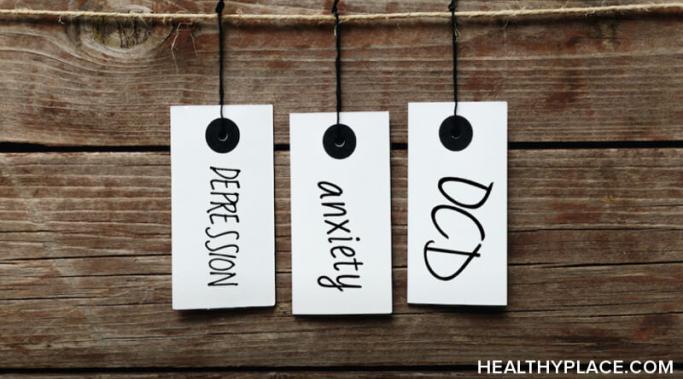"Surviving Mental Health Stigma Blog" — that’s the name of this blog full of tips and advice to get through moments of stigma, overcome it, and so on. Often, that’s how I approach writing for this blog: what tips can I share? What have I gone through that might be useful to others? But then it struck me. Dealing with mental health stigma can quite literally be an act of survival. It’s not hyperbole. It’s not dramatics. Mental health stigma could literally lead to someone dying. I’ll elaborate. (Note: this post contains a content warning.)
Surviving Mental Health Stigma
Among tinsel and twinkling lights and cheer, it’s not something people want to hear, but it’s true: the holidays negatively impact my mental health. Whereas others find cheer in the music and gift-wrapping, I find discomfort, anxiety, and darkness. The even more difficult thing is there’s really no safe, stigma-free space to talk about it.
Memes are pretty much a staple of the Internet. I’m sure even those who carefully curate their social media feeds have memes scattered about in posts from those they follow. As funny and relatable as they can be, what role do they have in stigmatizing mental health?
Canada has a new government position: Minister of Mental Health and Addictions. It's raising many conversations and many questions. However, the question I’m most interested in is what can the government, through this minister, do to stop, or at least address, mental health stigma? Can it do anything?
I wear two rings that I fidget with. One is a spinner ring designed for fidgetting; the other is a ring that's actually three interlocking rings which just happens to be good for fidgeting. I've always enjoyed wearing rings, even to the point that, in high school and early university, I wore rings on nearly every finger. Back then, it was more aesthetic-driven, but I've realized that wearing rings I can fidget with helps my anxiety.
Many workplaces say their employees' mental wellbeing matters, but not all workplaces are built the same. Some promote mental wellness but don't deliver, whereas others do. With starting a new job, I feel for the first time like I'm someplace where my workplace actually cares about mental wellness.
Two things are going to become clear in this blog post: my taste in music and that there are songs that remind us that it's okay not to be okay. Realistically, "It's okay not to be okay" is probably a statement you've heard repeatedly in the world of mental health awareness and advocacy. As potentially overused as it is, this sentiment is an important one when combatting mental health stigma.
I'll start off by saying that I don't believe suicide is a selfish act. This opinion comes from living with suicidal ideation since before I even knew there was a term for it. For the sake of this blog post, however, I want to explore the opposite. Is suicide selfish? So what if it is? (Note: This post contains a content warning.)
Confession time: I feel like a burden because of my mental illnesses. It's perhaps ironic I've previously written about how mental health stigma makes talking about mental illness feel like a confession, and, now, here I am—confessing. I've never said the words aloud, but feeling like a burden is pretty regular for me, and I don't think people would expect it. So, yes, this feels like a confession. And I'm also questioning if this is self-stigma or reality.
Arguably one of the most common forms of mental health stigma is the fact that mental toughness is valued over mental wellness. Think of all the times we're told to get over mental health struggles or toughen up to get through them. This pervasive stigma doesn't necessarily deny mental struggles; it just says we need to be tougher when it comes to the challenges brought on by them.









